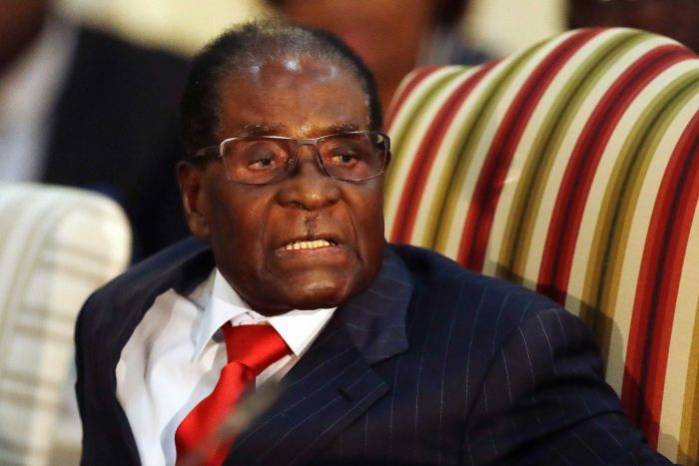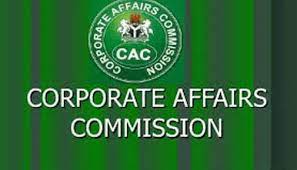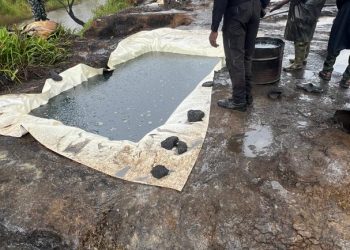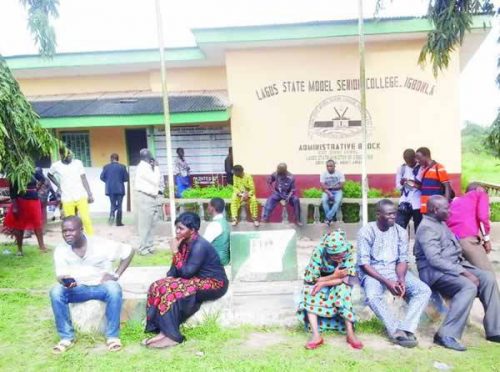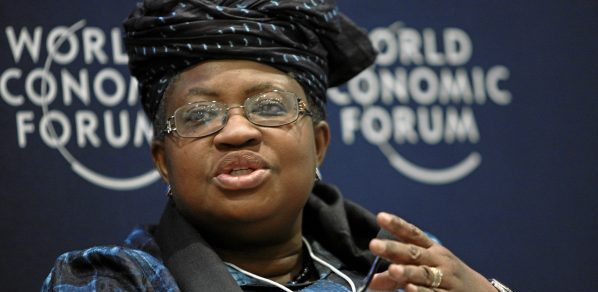Robert Mugabe, Zimbabwe’s first post-independence leader, has died aged 95.
His family confirmed his death to the BBC. Mr. Mugabe had been receiving treatment in a hospital in Singapore since April.
Mr. Mugabe was ousted in a military coup in 2017 after 37 years in power.
His early years were praised for broadening access to health and education for the black majority – but his later years were marked by rights abuses and corruption.
He won Zimbabwe’s first election after it secured independence from the UK, becoming prime minister in 1980.
He abolished the office in 1987, becoming president instead.
His successor, Zimbabwean President Emmerson Mnangagwa, expressed his “utmost sadness”, calling Mr. Mugabe “an icon of liberation”.
Mr. Mnangagwa had been Mugabe’s deputy before replacing him.
Robert Mugabe was born on February 21, 1924 in what was then Rhodesia. The country, once a British colony in Africa, was run by a white minority.
He was imprisoned for more than a decade without trial after criticising the government of Rhodesia in 1964.
In 1973, while still in prison, he was chosen as president of the Zimbabwe African National Union, Zanu, of which he was a founding member.
Once released, he headed to Mozambique, directing guerrilla raids into Rhodesia. But he was also seen as a skilled negotiator.
Political agreements to end the crisis resulted in the new independent Republic of Zimbabwe.
Mr. Mugabe, with his high profile in the independence movement, secured an overwhelming victory in the republic’s first election.
But over his decades in power that followed, the international perception of Mr. Mugabe soured, with an increasing number of critics portraying him as a kind of dictator.
Source: BBC
